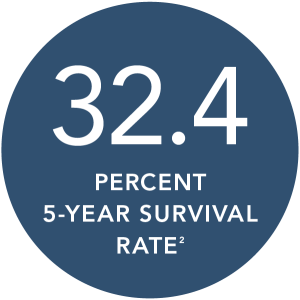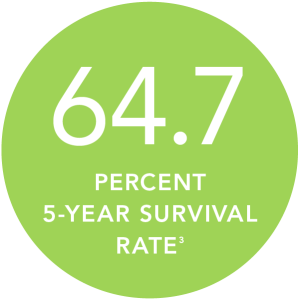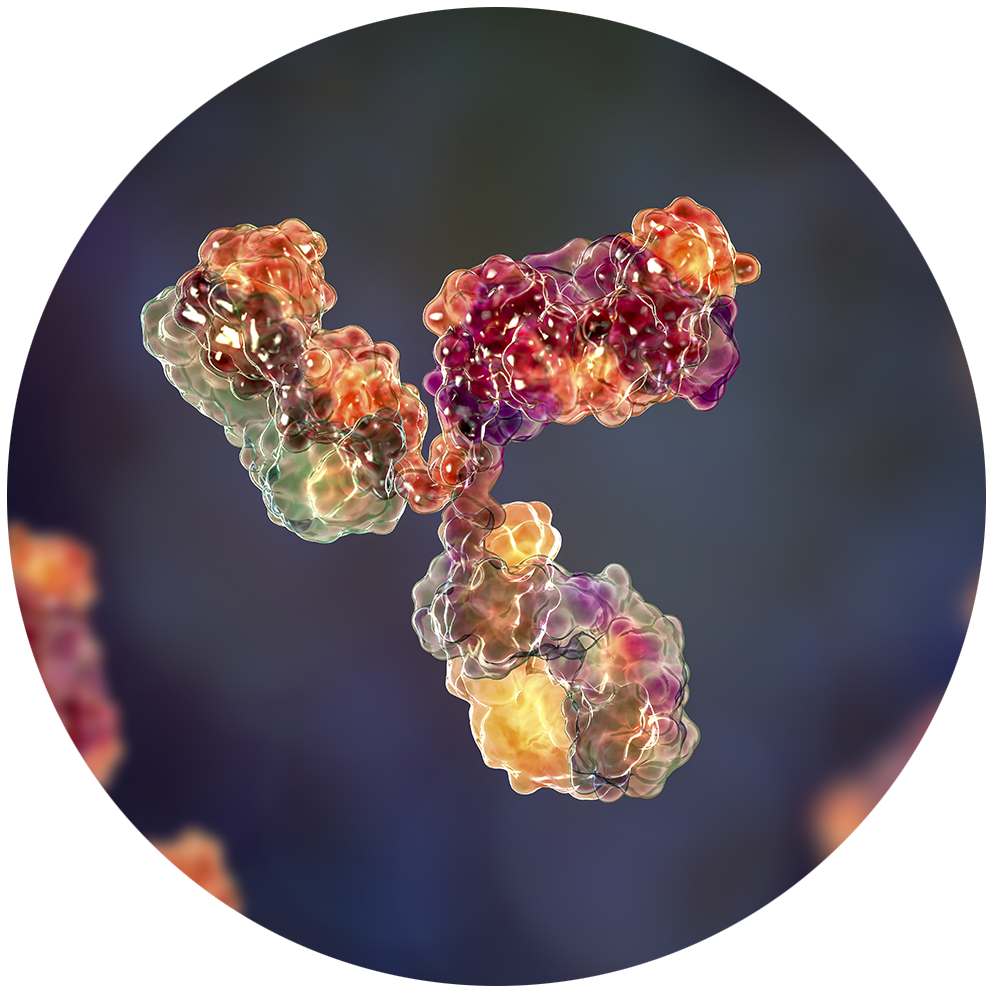While Tonix continues its legacy of developing therapeutics for CNS disorders, the scope of its efforts has expanded by initiating research and development programs in immunology through proprietary developments utilizing the expertise of the Company’s leaders as well as through strategic collaborations.

Organ Transplant Rejection
Transplant organ rejection occurs when the immune system of the organ recipient attacks the new organ as if it was an infection or tumor. Often transplantation is the last resort for most end-stage organ failure patients, affecting either kidneys, liver, heart, lungs, and/or pancreas. Genetic disparity between organ donor and recipient is often at the root of the rejection. Mismatched or not closely matched organs triggers an immune reaction that leads to rejection. Overcoming this difficulty is paramount to a patient’s survival as organ donations are rare.
Source: https://www.ncbi.nlm.nih.gov/books/NBK535410/
Gastro-Intestinal Cancers
Gastric Cancer
Gastric or stomach cancer is a disease in which malignant cancer cells line the inner lumen of the stomach. Development of this form of cancer is often influenced by age, diet and other stomach disease. This type of cancer begins to form in the mucosa, the surface of the lumen that is in direct contact with the contents of the stomach, and spreads through the outer layers of the stomach as the tumor grows.1
Currently, per the National Cancer Institute, the 5-year relative survival for stomach cancer is 32.4%.2 The lifetime risk of developing stomach cancer is higher in men (about 1 in 96) than in women (about 1 in 152).3 In 2018, there were an estimated 120,301 people living with stomach cancer in the United States.2
120,301
people living with stomach cancer in the U.S.2



Colorectal Cancer
Colorectal cancer includes cancers in the colon and the rectum, organs that are crucial to absorption of water by the body and the elimination of food-waste. Most colorectal cancers start as a growth or polyp on the inner lining of the colon or rectum. Some types of polyps can change into cancer over time (usually many years), but not all polyps become cancer. Adenomatous polyps are the ones that turn malignant with time. Similar to gastric cancer, the malignancy begins in the mucosal layer and spreads outwards. 1,2
The 5-year relative survival rate is 64.7%.3 Overall, the lifetime risk of developing colorectal cancer is about 1 in 23 (4.3%) for men and 1 in 25 (4.0%) for women.4 In 2018, there were an estimated 1,365,135 people living with colorectal cancer in the United States.3
1,365,135
people living with colorectal cancer in the U.S.3









